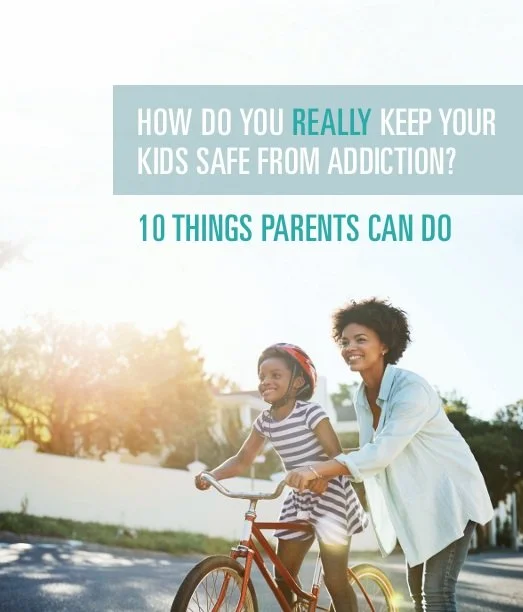
For Parents
How to Talk to Your Kids About Drugs
Effective communication is key to helping your children make informed, healthy choices. Here are some resources to get started:
Start Talking!: A great resource with conversation starters, tips, and strategies for talking to your children about drugs, peer pressure, and making healthy decisions.
The Parent Toolkit: NIDA: Practical advice from the National Institute on Drug Abuse (NIDA) on how to talk to your children about drugs, including age-appropriate strategies and conversation tips.
Talk. They Hear You.: A national campaign by SAMHSA offering resources to help parents prevent underage drinking and drug use. Learn how to approach these tough conversations early on.
Understanding the Risks of Drug Use
Help your child understand the consequences of drug use by educating yourself and them about the risks involved. Here are some resources to help:
NIDA - Teen Substance Use: Learn about the science of addiction, risk factors for youth, and how drug use impacts brain development during adolescence.
How to Set a Positive Example
Children often look to their parents for guidance. Setting a positive example is one of the best ways to help your child stay drug-free. Consider these tips:
Be a Role Model: Show your children how to handle stress, peer pressure, and social situations without relying on substances.
Set Clear Expectations: Let your children know that you expect them to stay drug-free and the reasons why.
Encourage Healthy Activities: Help your child get involved in sports, arts, or other activities that promote well-being and steer them away from risky behaviors.
What to Do if You Suspect Your Child is Using Drugs
If you're concerned that your child may be using drugs, it's important to address it as soon as possible. Here’s what to do:
Start a Conversation: Use open-ended questions and express your concern in a calm, non-judgmental way.
Stay Calm: It’s natural to feel upset, but maintaining your composure will help your child feel safe and more willing to talk.
Seek Professional Help: If you believe your child is using drugs, consider seeking professional guidance from a counselor, doctor, or treatment program.
For more advice on handling these tough situations, check out SAMHSA’s Five Conversation Goals.
Resources for Parents: Prevention, Support & Advocacy
Partnership to End Addiction: Tools for parents on how to advocate for drug-free communities and provide ongoing support for their children.
Online Communities for Parents
Connect with other parents who are going through similar experiences and gain support:
Smart Approaches to Marijuana (SAM): A resource for parents who want to learn about the risks of marijuana use and how to discuss it with their children.
Take the Drug-Free Pledge
Join a movement of parents who are committed to creating a drug-free future for their children. By taking the Drug-Free Pledge, you’re making a promise to guide your child towards healthy choices and a substance-free life.
Take the Pledge here.
Parental ToolKits
How Do You Really Keep Your Kids Safe from Addiction? 10 Things Parents Can Do
Addiction Policy Forum
Research suggests that one of the most important factors in healthy child development is a strong, open relationship with a parent.
5 Conversation Starters
Marijuana ToolKit
Ongoing Conversations with Your Teens About the Harms and Risks of Underage Cannabis Use.
What You Need to Know
TOBACCO/VAPING TOOLKIT
How to Talk to your Child about Smoking & Vaping
Middle and High School





